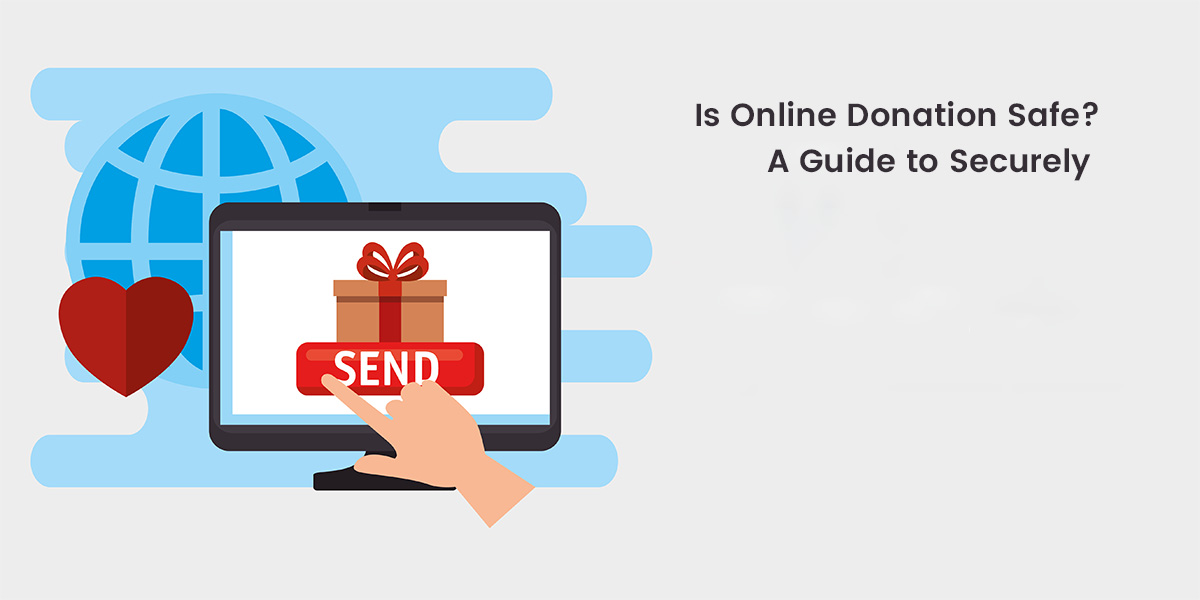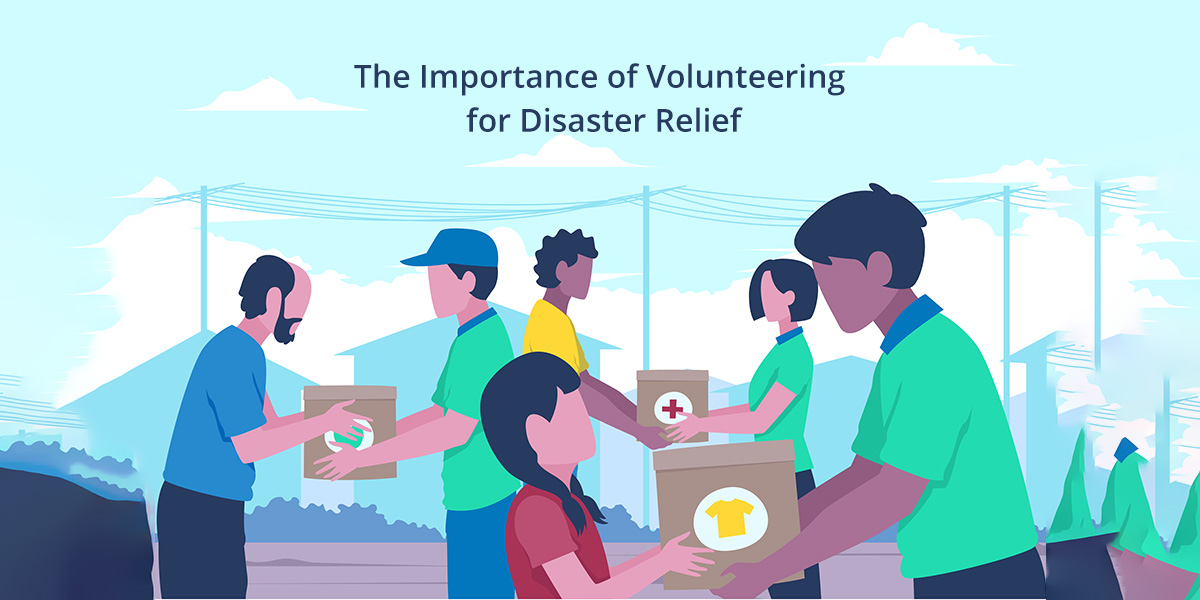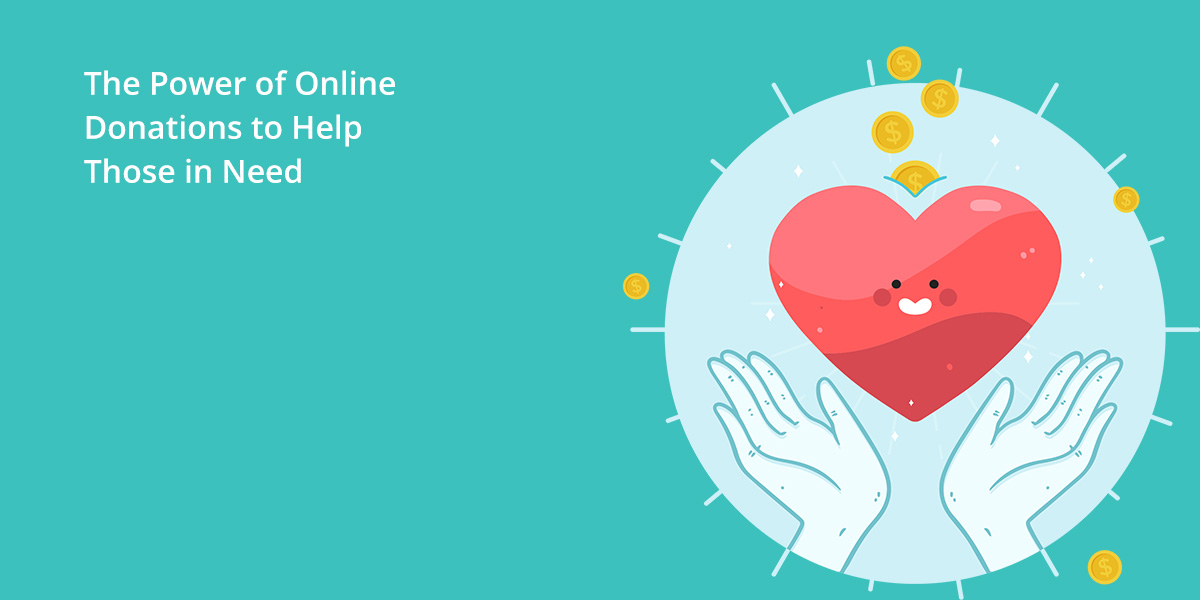Table of Contents
Is Online Donation Safe?
In today’s digital age, online donations have become a popular and convenient way to contribute to charitable causes. However, concerns about security and the protection of personal information may leave potential donors questioning the safety of online transactions. This article aims to address these concerns and provide a comprehensive guide to securely donating money on the internet.
Need for Safety Measures in Online Donations
As online donations continue to gain prominence, it is crucial to implement safety measures to ensure the security of donors’ personal and financial information. Online platforms and nonprofit organizations need to invest in robust security systems to safeguard against potential threats, including hacking, data breaches, and fraudulent activities. The need for safety measures arises from the importance of maintaining donor trust and confidence in the online donation process.
Common Safety Concerns and Misconceptions
1. Data Breaches
One of the primary concerns associated with online donations is the risk of data breaches, where hackers gain unauthorized access to sensitive information. While data breaches can occur, reputable online donation platforms and organizations employ advanced encryption technologies and follow industry best practices to protect donor data.
2. Fraudulent Websites
Another misconception is the fear of donating to fraudulent websites posing as legitimate nonprofits. It is crucial to verify the authenticity and credibility of the organization before making an online donation. Research the nonprofit’s website, check for proper contact information, and look for third-party validations such as trust seals or certifications.
3. Phishing Scams
Phishing scams involve fraudulent individuals or groups attempting to trick donors into providing personal or financial information. Be cautious of unsolicited emails or messages requesting donations. Legitimate organizations will not ask for sensitive information through email or social media. Always visit the organization’s official website directly to make a donation.
4. Lack of Accountability
Concerns about the misuse of funds and a lack of transparency are also common. However, reputable nonprofits maintain transparency by providing financial reports, annual reports, and impact assessments. Donors can evaluate an organization’s accountability by researching their track record, governance practices, and impact reporting.
Secure Online Donations: Follow These Guidelines for Safety
1. Choose Reputable Platforms and Organizations: Opt for well-established and trusted online donation platforms or reputable nonprofit organizations with a proven track record. Research their reputation, read reviews, and check for any reported security incidents.
2. Look for Secure Website Indicators: Ensure the website uses secure encryption protocols such as HTTPS (HyperText Transfer Protocol Secure) and displays a padlock icon in the address bar. This indicates that data transmitted between your browser and the website is encrypted and protected.
3. Verify Legitimacy and Registration: Before donating, verify the legitimacy and registration of the nonprofit organization. Check if they are registered with appropriate government authorities and hold valid licenses. Independent watchdog organizations can provide information on the credibility and legality of nonprofits.
4. Read Privacy Policies: Review the organization’s privacy policy to understand how they collect, store, and use donor information. Ensure they have strict data protection measures in place and do not share or sell donor data to third parties without consent.
5. Use Secure Payment Methods: Choose secure payment methods such as credit cards or reputable payment gateways. These methods often offer fraud protection and allow you to dispute unauthorized transactions.
6. Be Cautious with Personal Information: Only provide necessary information required to process the donation. Avoid sharing sensitive details like your Social Security number or bank account information unless it is essential for donation purposes.
7. Keep Documentation: Save and print the donation confirmation or receipt for future reference. This serves as proof of your donation and can be useful for tax deductions if applicable.
Conclusion
Online donations are generally safe when proper precautions are taken. Reputable online platforms and nonprofit organizations prioritize the security of donor information and implement measures to protect against common risks. By following the guidelines provided in this article, donors can contribute to causes they care about with confidence, knowing that their personal and financial information is secure. Join the movement of online giving and make a positive impact today. Choose a reputable online platform or trusted nonprofit organization, follow the safety guidelines outlined, and support causes that matter to you. Your secure online donation can create a difference in the lives of those in need.






